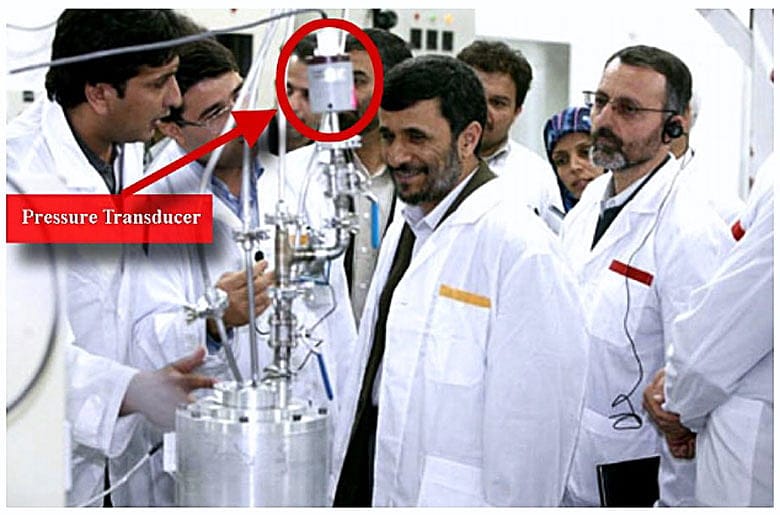Chinese man sentenced in Boston for role in Iran nuke plot, Iranian co-organizer goes free

BOSTON – A Chinese national who facilitated the sale of nuclear technology to Iran will spend almost a decade in jail while his Iranian accomplice roams free as part of a deal between the governments of the United States and Iran.
Chief Judge of the U.S. District Court for the District of Massachusetts Patti B. Saris on Wednesday sentenced Sihai Cheng, who pleaded guilty last month to facilitating the sale of technology used to produced weapons-grade uranium to Iran, to nine years in federal prison.

